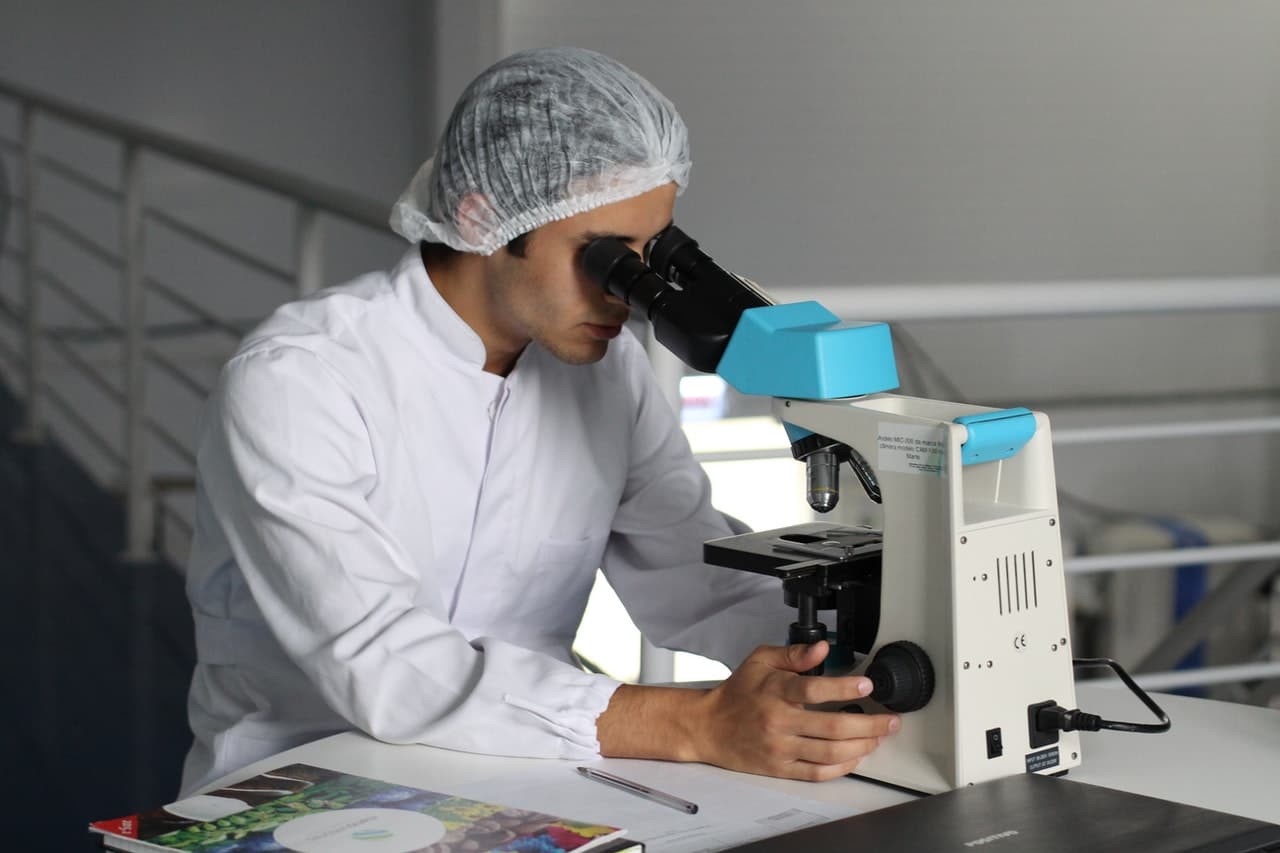
Making Your Research More Sustainable

Research is a vital tool in helping our society progress. Through this process, we have the chance to learn more about the world and establish applications for new knowledge. If you’re a research professional, this is likely to be one of the reasons you’re so committed to your work. You have the opportunity to make a positive contribution.
However, it’s also fair to say, research practices can unintentionally have negative side effects. When you spend a lot of time in a laboratory environment, your actions may be expending a large number of resources. This could be contributing to issues like the water crisis and the build-up of harmful emissions. To make certain your project is truly beneficial to society, you need to take your ethical responsibilities toward sustainability seriously.
We’re going to review a few of the ways you can make your research practices more sustainable.
Prioritize Efficiency
Research projects can span years. The number of resources you utilize during this time can put significant strain on the ecosystem. While there’s no doubt your usage has good reason, it’s important to find ways to make reductions. Enhancing the efficiency of procedures and tools is often the best route forward.
If you need to travel from your laboratory to field sites, examine the routes you take. Review what times of day you travel and the roads you use. This can help you use less fuel to reach your intended destination.
Inside the lab, adopt conservation protocols for your resources. Water consumption can be an important focus here, as efficient practices can both help protect the environment and reduce utility costs. You can use commercial water-saving technology to help you monitor any inefficiencies in your building. If your lab has the space, harvesting and filtering rainwater can be a better alternative to always utilizing city supplies.
Alongside consciously minimizing the use of resources, it’s important to ensure equipment is designed to be efficient. In your laboratory premises, you can replace your lighting system with energy-efficient light bulbs. Most research projects need computers to record and analyze data. When purchasing these you should check to ensure they’re Energy Star rated. Energy Star is the government-backed program to help identify which appliances meet energy-efficient standards. This can extend to other items in your laboratory, like refrigerators used to store samples, as well.
Plan Ahead
It’s difficult to achieve sustainability in your research project when you try to apply measures only when you remember to or on the spur of the moment. You have to plan ahead. In this way, it is similar to ensuring the success of any form of research. If we look at the example in healthcare fields, it is part of the role of a clinical project manager to establish plans and protocols to ensure the efficacy of a project. Indeed, the manager’s duty to maintain safety and keep within budgets suggests sustainability is a central method to meet these needs. You should, therefore, not be treating sustainability as a separate set of ideals. It’s something you need to build into the overall planning process.
At the very outset of your project planning, it’s important to gather your research team together to discuss the route forward. This is an opportunity to gain the input of professionals with different practical roles in the project. They can contribute ideas for how their tasks can be made more environmentally considerate. Your colleagues may have measures they use at home you can apply in the lab. It’s also a way to cement early on how important maintaining sustainability is. It’s worth noting, involving your colleagues in this part of planning gives them some ownership over the practices. This tends to result in a greater degree of buy-in, which helps them maintain commitment throughout the project.
As with every other part of your research project, you can’t just make plans at the beginning and let them run their course. The methods you initially propose for sustainability may not be as effective as expected once the process gets started. You should, therefore, be building protocols and timetables for reviewing your sustainable measures into your plan. This allows you to make any relevant adjustments to help you ensure the most positive impact on the environment.
Consider your Partnerships
Research is rarely an insulated effort. You’re likely to be working with various partner institutions and suppliers throughout your project. This is an important consideration from a sustainability standpoint. The way you choose to embark on these relationships can have an impact on your ability to reduce your negative effect on the environment.
To start with, look into your equipment supply chain. One of the main areas of waste in research is from single-use plastics. There is also a lot of equipment that includes non-biodegradable materials. Discuss with your current supplier the possibility of providing you with reusable or recyclable components. Particularly in clinical fields, there is a growing market for reprocessing medical implements so they can be used safely and effectively again. If your suppliers are reluctant to engage here, it’s your ethical duty to look elsewhere. The same goes for your utility providers. It is easier than ever to find sources of carbon-neutral energy and solar power. This can help give your sustainability efforts a boost.
You need to think beyond the products and services you obtain from others, too. Keep an open dialogue with partners about the sustainability efforts within their organizations. Whether this is a university or delivery company, the actions of the people you choose to work with reflect on your project’s holistic sustainability. This doesn’t mean necessarily refusing to partner with an organization for not matching your standards. However, taking opportunities to talk about the subject can influence positive changes. You may even exchange knowledge of green methods one another hadn’t previously considered.
Conclusion
Research plays an important role in our society. It is especially vital your projects aren’t actively or passively damaging the environment at the same time. Adopt methods to boost your efficiency and make sure you commit to sustainability planning from the outset. This, alongside a responsible approach to your partner relationships, can help ensure your research project benefits our world on multiple levels.



Post a comment